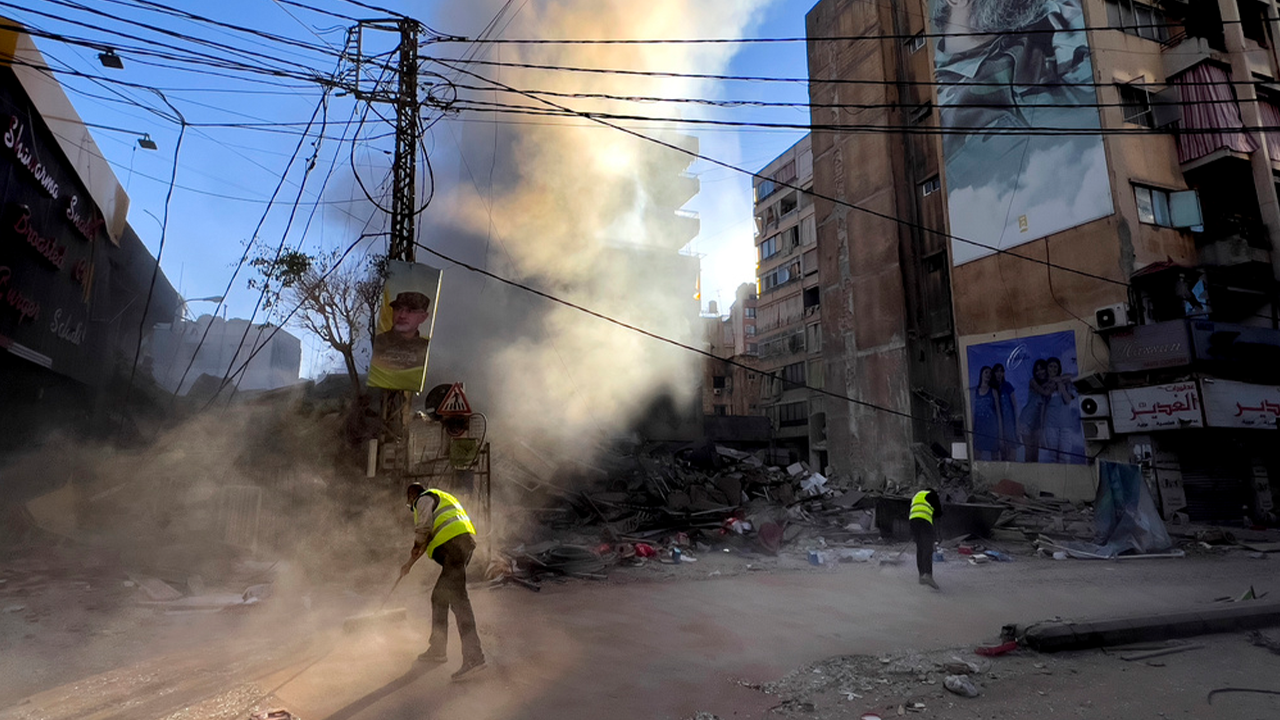As the clock struck noon on Thursday, the doors to dozens of polling stations across Kuwait opened and voters rushed in to elect one of the Middle East’s most robust parliaments.
Candidates set up makeshift headquarters in tents, and coffee shops pledged discounts to voters. Swarms of people waited to cast their ballots — even though it was the fourth time in four years that they had been called upon to choose a new Parliament.
“Parliament members convey the voice of the people,” a voter, Asraa Al Ghareb, 31, said, adding that she hoped the new Parliament would bring “actual and radical change for Kuwait.”
Kuwait is far from a full democracy: Its ruler is a hereditary monarch, political parties are illegal, and the emir has the power to dissolve Parliament — the cause of Thursday’s snap election. Frequent deadlocks between Parliament and the executive branch have led to political turmoil.
But across a Middle East where many states are becoming more repressive, Kuwait represents a rare alternative, scholars say, nurturing elements of democracy even after Arab Spring uprisings across the region were crushed more than a decade ago, and countries including Tunisia and Egypt began to march back toward authoritarianism.
While they cast their votes and expressed frustration at the political chaos in their country, young Kuwaitis said they were hopeful to see real change.
“For now, the most important issue is political reform,” said Aziz Al Fahad, 26, another voter, arguing that even if people were frustrated, “it’s their duty to go and vote.”
Two hundred candidates are running for the 50-seat Parliament in Kuwait, a Persian Gulf nation that is one of the world’s largest oil exporters. The election results will be announced on Friday.
“The stakes can never be higher,” said Bader Al-Saif, an assistant history professor at Kuwait University, emphasizing the importance of the elections “in a region that does not genuinely believe in participatory politics.”
“For this to continue to be the concern of rulers and ruled — that we want to move forward and try to find a formula that works best — that can never be underestimated,” he said.
Kuwait’s Parliament is significantly more powerful than the largely symbolic “consultative councils” in neighboring monarchies like Saudi Arabia and Qatar, and its members are often more boisterous than those in many other Arab countries.
They have the right to publicly grill cabinet ministers, wield influence over the state’s budget and must approve the ruler’s appointment of a new crown prince, the heir to the throne.
But with so much parliamentary turnover and frequent cabinet resignations, officials are left with little time to execute their agendas. While many Kuwaitis are proud of their relatively greater political participation and freedom of expression, their country has lagged the rest of the Gulf in infrastructure development and economic diversification, despite maintaining a sovereign wealth fund that is one of the largest in the world.
Ms. Al Ghareb said her priority as a voter was “broken streets and poor infrastructure,” as well as an increase in salaries and benefits for citizens.
Pro-authoritarian elites across the Gulf, as well as some ordinary citizens, have long argued that Kuwait’s economic stagnation presents a cautionary tale about democracy’s pitfalls, while the glimmering skyscrapers and bustling ports in the Gulf metropolis of Dubai display the benefits of an iron fist.
But many Kuwaits insist that reducing political rights would not solve their problems, arguing that their system needs space to evolve.
“We need to have more mature checks and balances that take into account levers to absorb tensions and anger,” Mr. Al-Saif said. He called for a national dialogue that would lead to an amended Constitution, enabling the country’s legislative and executive branches to work together more effectively.
When the new ruler, Sheikh Mishal Al Ahmed Al Sabah, came to power in December, after the death of the former emir, he delivered a stern speech — accusing both the Parliament and the government of “harming the interests of the country and the people.”
The Parliament in session at the time had started off on an optimistic foot, with what appeared to be a new chapter of cooperation between the legislative and executive branches.
But that changed in February, when Parliament was given the task of responding to the ruler’s speech, a customary practice, and voted on approving a law stipulating an annual salary for Sheikh Mishal of about $160 million. In a public speech, Abdulkarim Al Kandari, a Parliament member, stated that he was “ashamed” of approving such a sum when the government had recently postponed measures to “improve citizens’ livelihoods.”
Soon after, Sheikh Mishal issued a decree dissolving Parliament, stating that it had “violated the Constitution” by “using improper terms” to address the ruler. That dissolution paved the way for the election on Thursday.
On Sunday, the emir gave a televised speech in which he called on citizens to participate, saying that anyone who boycotted “has no right to blame anyone for the decline in outcomes or for poor performance and lack of achievement.”
As for the candidates, he said, they should “avoid offending others, arousing the feelings of voters and inflaming their emotions at the expense of the nation and citizens.”
Kuwaitis and scholars who follow the country say they are unsure what direction it will take.
“I hope that in the next Parliament there is cooperation between the legislative and executive branch,” Mr. Al Fahad, the 26-year-old voter, said, adding that would help make sure “the interests of the people are addressed.”
Daniel Tavana, an assistant professor of political science at Penn State, voiced concern that the government’s lack of a strategy or vision made “electoral competition somewhat pointless and, to many citizens, exhausting.”
“The semi-democratic mechanisms that provide citizens input into how they are governed have atrophied,” he said. “The abuse and decay of these mechanisms could, in the long term, render them permanently unusable, irrelevant or dysfunctional.”
But Mr. Al-Saif, the Kuwaiti professor, said that Kuwait’s “relative freedoms” should not be belittled.
“Don’t give up on Kuwait,” he urged. “We’re real, and we’re trying to figure out a way to manage being active in politics.”






